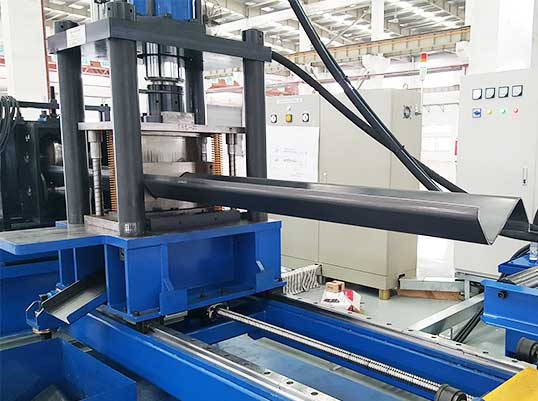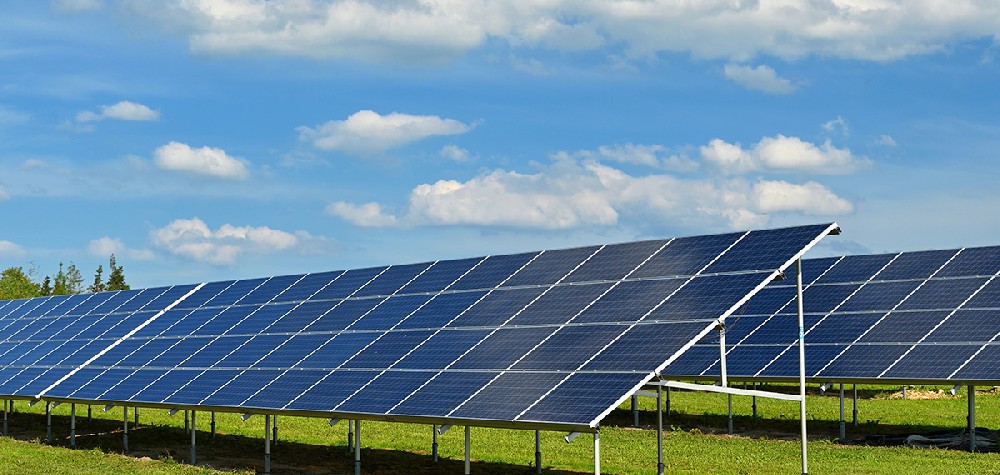Navigation Menu
Contact Us
- Email:
- info@wxavatar.com
- Address:
- Yurong Village, Yuqi Street, Huishan District, Wuxi, China.
Release Date:Jul 01, 2025 Visit:97 Source:Roll Forming Machine Factory
Proper maintenance is essential for keeping a solar stand roll forming machine in optimal working condition and extending its service life. By following a structured maintenance routine, operators can minimize downtime, reduce repair costs, and maintain consistent production quality. Below are key maintenance steps to ensure the longevity of a solar stand roll forming machine.

1. Regular Cleaning
Dust, metal shavings, and debris can accumulate on the machine over time, affecting its performance. Regular cleaning helps prevent material buildup that could interfere with moving parts.
Wipe down surfaces after each production run.
Use compressed air or brushes to remove debris from rollers and guides.
Ensure lubrication points remain free of contaminants
2. Lubrication of Moving Parts
Proper lubrication reduces friction and wear on critical components, ensuring smooth operation.
Apply high-quality lubricants to bearings, gears, and rollers as recommended by the manufacturer
Monitor lubrication levels and replenish as needed
Avoid over-lubrication, which can attract dust and cause clogging
3. Inspection of Rollers and Dies
Rollers and dies are essential for shaping metal accurately. Regular inspection helps detect wear before it affects product quality.
Check for signs of wear, cracks, or misalignment
Replace damaged rollers promptly to avoid defects in formed parts
Ensure proper alignment to prevent uneven material feeding
4. Checking Hydraulic and Pneumatic Systems
Hydraulic and pneumatic systems power many roll forming machines. Keeping them in good condition ensures consistent performance.
Inspect hoses and seals for leaks
Monitor fluid levels and top up if necessary
Replace worn-out components to prevent system failures
5. Belt and Chain Tension Adjustment
Belts and chains drive the machine’s motion. Loose or worn belts can lead to inefficiencies and breakdowns.
Check tension regularly and adjust as needed
Replace frayed or stretched belts to maintain proper operation
Ensure sprockets and pulleys are aligned correctly
6. Electrical System Maintenance
Electrical components control the machine’s operation. Proper maintenance prevents malfunctions and safety hazards.
Inspect wiring for damage or loose connections
Test control panels and sensors for proper function
Keep electrical panels clean and free of moisture
7. Calibration and Alignment Checks
A well-calibrated machine produces consistent results. Misalignment can lead to product defects and increased wear.
Verify that rollers, guides, and cutting tools are properly aligned
Adjust settings according to material specifications
Perform test runs to ensure accuracy
8. Operator Training and Best Practices
Proper operation reduces unnecessary strain on the machine. Well-trained operators can identify early signs of issues.
Train operators on correct machine handling and setup
Encourage adherence to maintenance schedules
Document any abnormalities for timely troubleshooting

Conclusion
Following these maintenance steps helps ensure the long-term performance of a solar stand roll forming machine. Regular cleaning, lubrication, inspections, and proper adjustments contribute to smoother operation and reduced downtime. By implementing a structured maintenance plan, businesses can maximize productivity and extend the lifespan of their equipment.